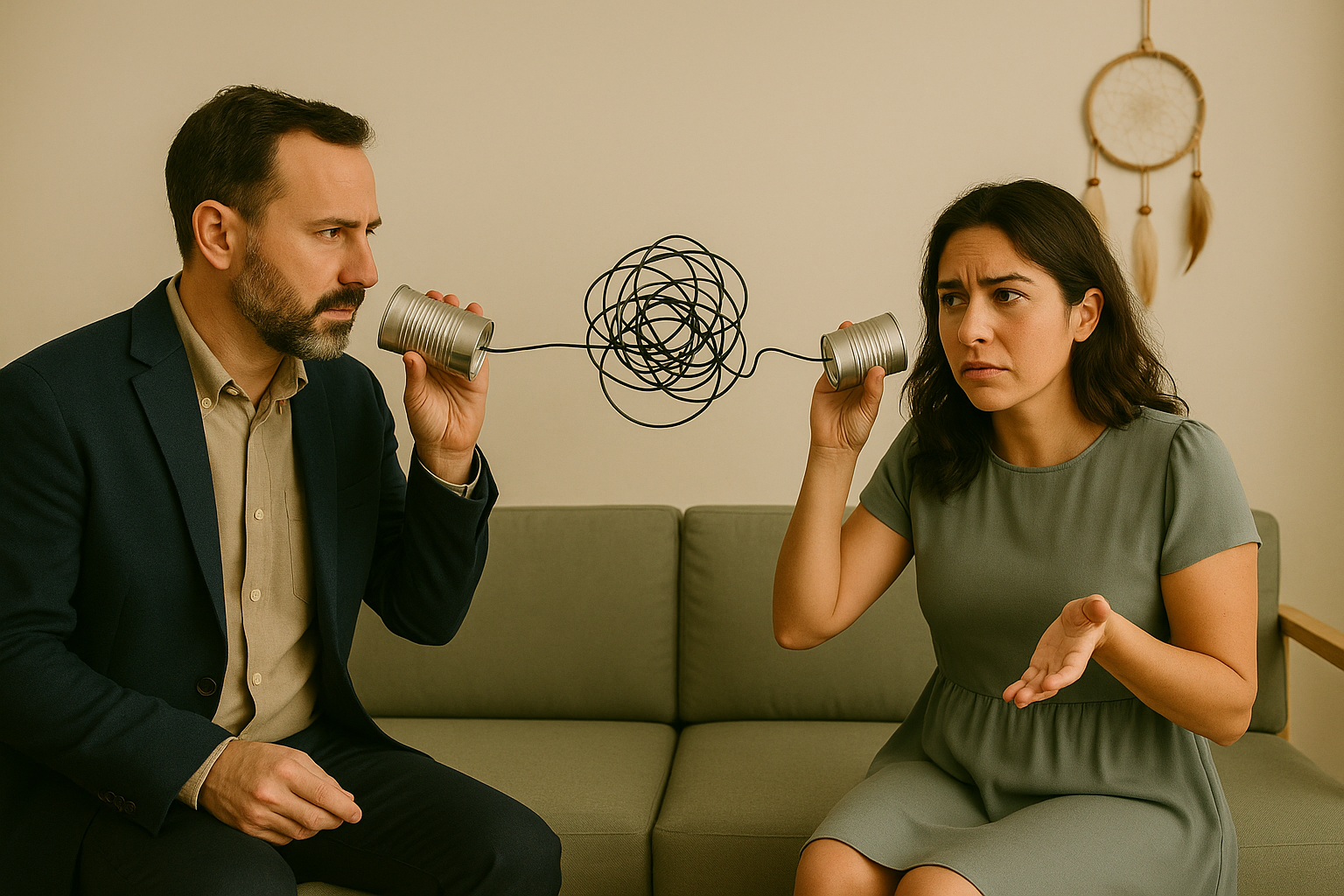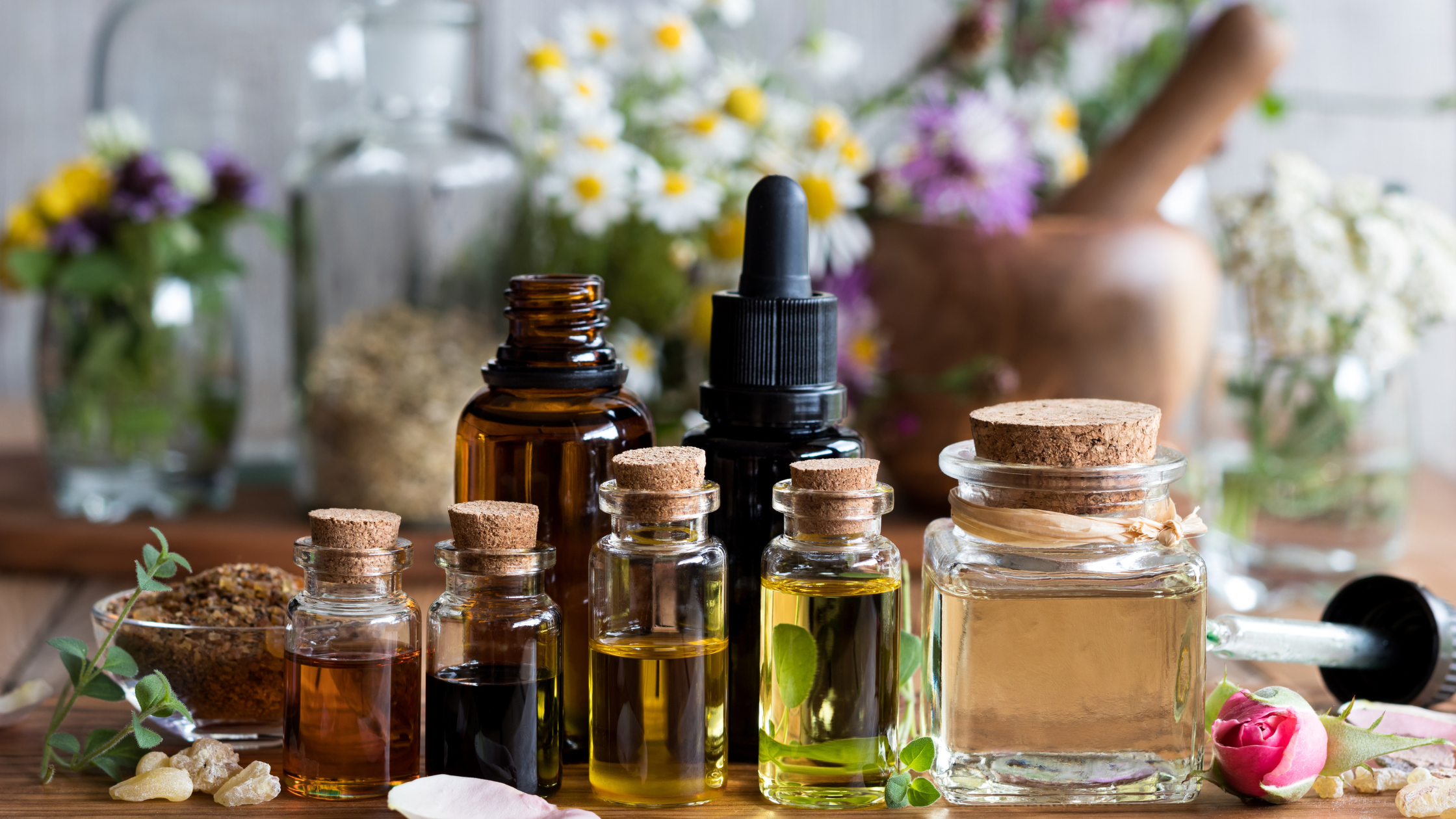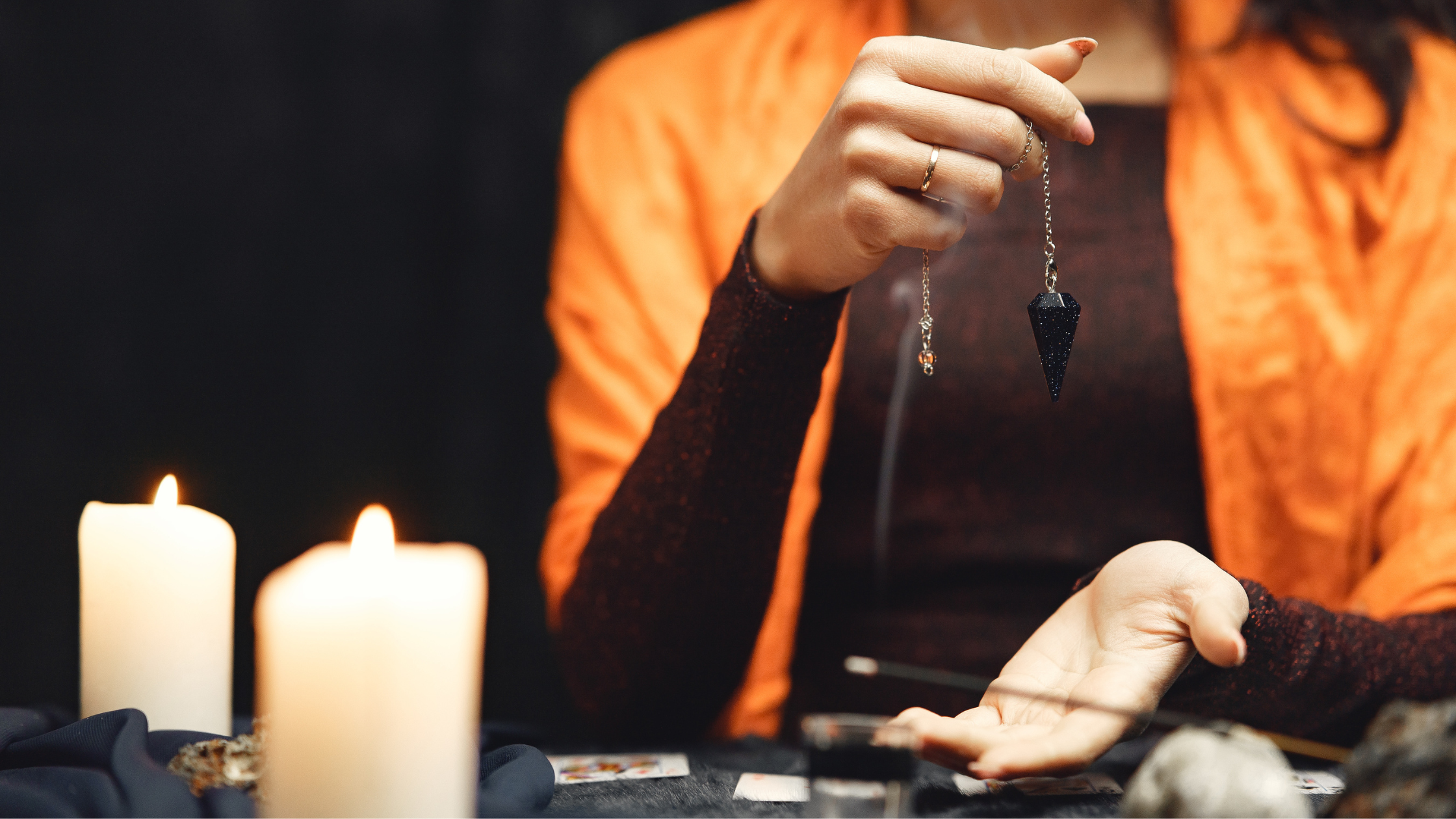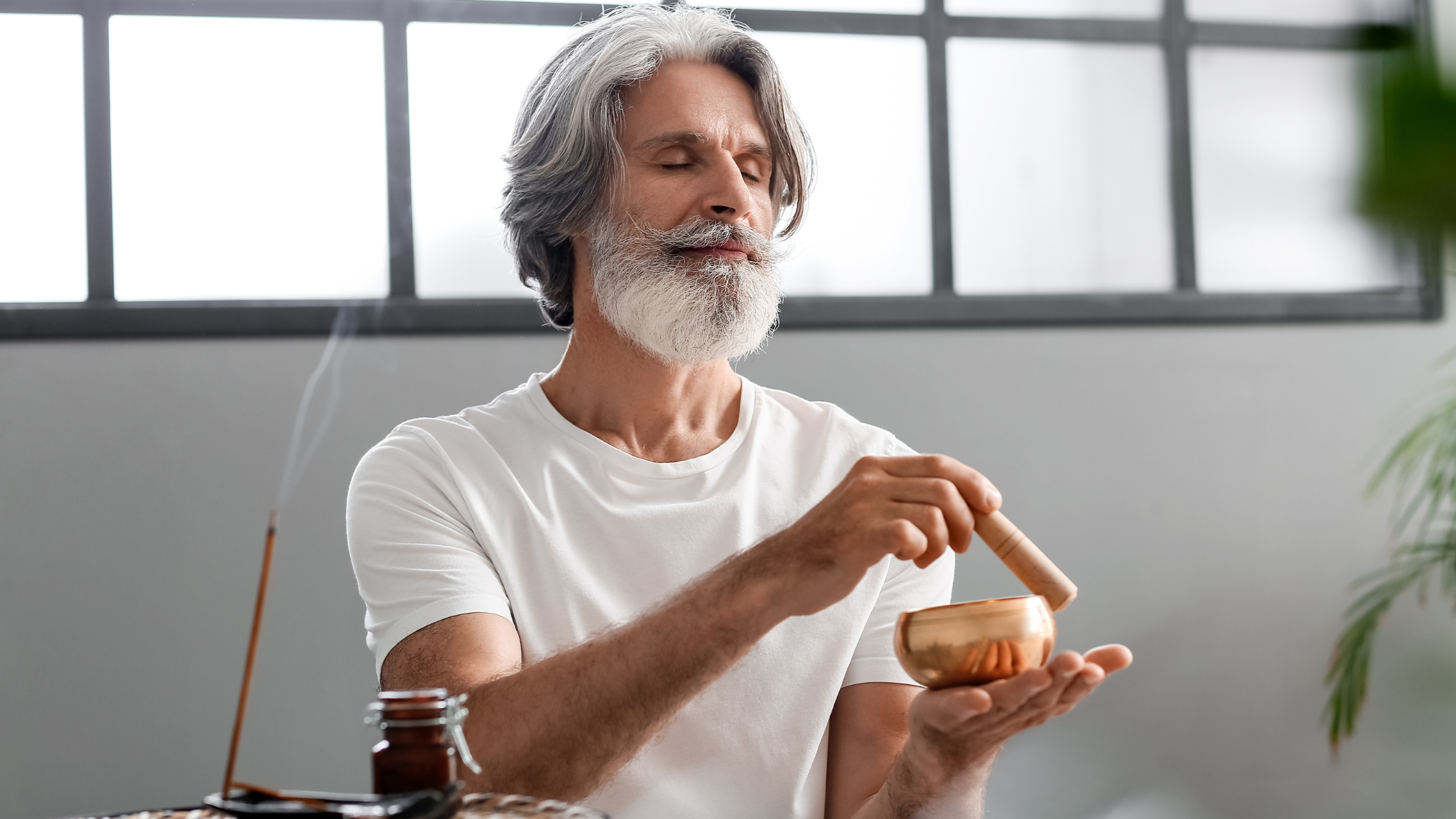Joining Hands: A Partnership of Medical and Energy Medicine
June 15th, 2023
4 min read
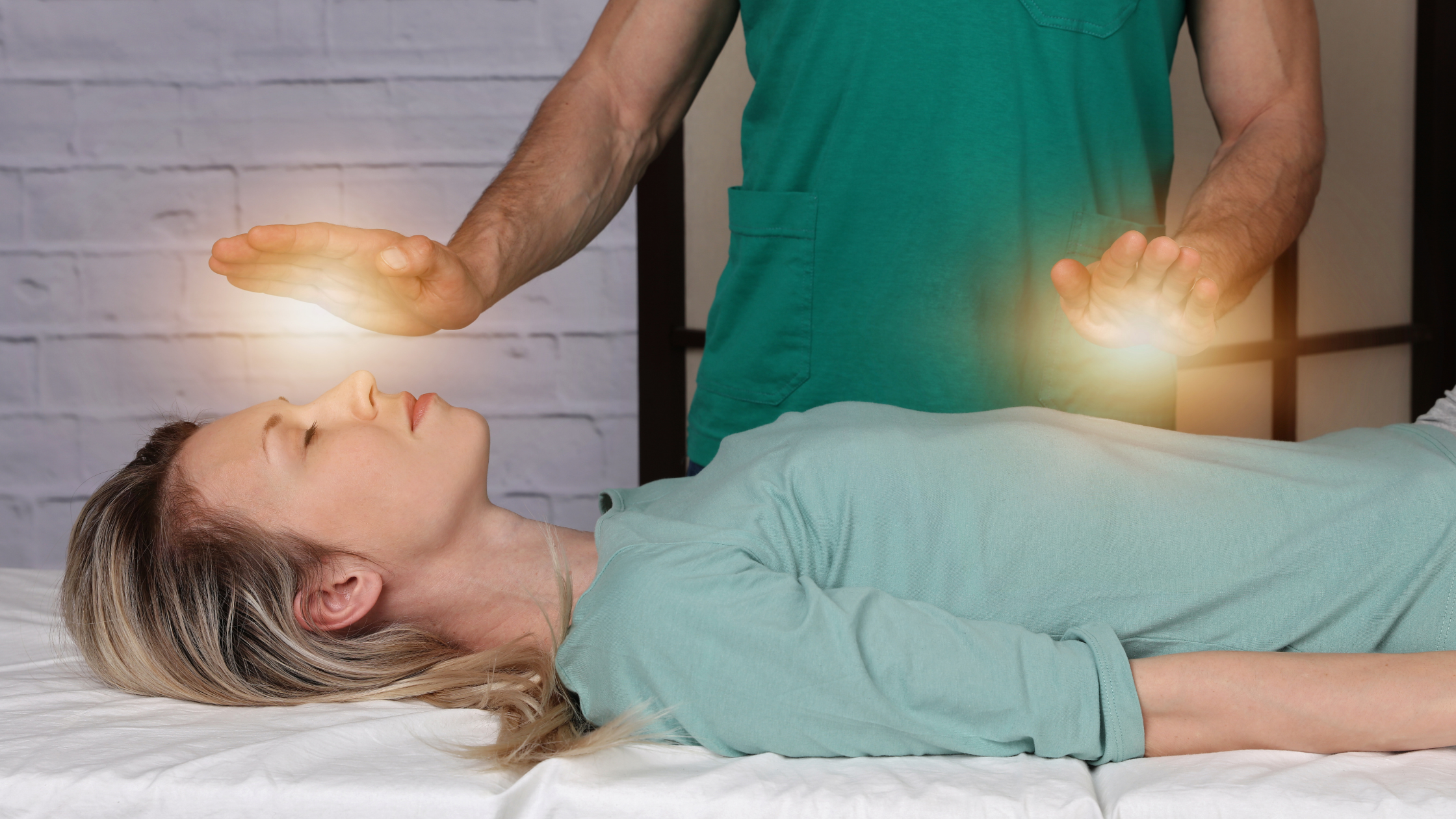
With the shared goal of providing quality care to others, traditional medicine and energy healers are united in a common mission. Perhaps as a natural outcome of the shared goal, combining alternative healing modalities with traditional medical practices is evolving into an accepted practice, and at times part of a comprehensive treatment plan. T
he medical field acknowledges that the use of healing modalities supplies an avenue for providers to offer comfort that is safe, cost effective, and patient centered. The nursing community in particular has been incorporating alternative medicine in the care regimen for patients, and even nursing institutions are adding energy practice into their curriculum.
Yet, this shift in recognizing energy medicine’s healing powers is less about persuading medical practitioners. In reality, it is more about evidence–based research supporting the efficacy of energy healing.
The holistic nature of energy healing versus traditional Western medicine embraces different philosophies, diagnostic approaches and treatment plans.
The fact–based approach of traditional medicine remains a challenge for integrating energy modalities into patient care. While traditional medicine relies on clinical evidence, energy medicine might focus on a patient’s environment, life experiences and belief system.
As more evidenced based research surfaces to validate and substantiate the power of energy medicine, there will be increased opportunities for energy healers to bring greater comfort and well–being to people of all ages and ailments.
SHARED VALUES
Before going into how energy healers can work with medical professionals, it makes sense to comment on the shared goals that join traditional and alternative medicine practices.
While modern medicine focuses on the cause of an illness or disease and treats symptoms, holistic healing considers the whole patient. Even so, at the heart of both, the concepts of wellness, health prevention, and healing are shared, just approached differently.
Combining modalities such as medicine, client care and integrative practices serves to complement the benefits of traditional medicine. For example, a fully integrated treatment plan can help to:
- Support the healing process
- Honor the body, mind, emotions, and spirit
- Facilitate deeper levels of self–understanding and wholeness
For instance, a trauma can impair physical healing as well as psychosocial health and induce emotional distress over a dramatic event. As an example, a car accident victim might likely experience trauma about the incident itself. An energy healer could supplement the physical care by evaluating the whole person and considering the patient’s well–being and innate healing abilities.
Just like traditional practitioners, energy healers seek to learn the many ways the body heals, and they build upon that knowledge. It is worth noting that energy healing existed long before traditional medicine which serves as a testament to its power as an approach.
COLLABORATION
There are numerous holistic healing practices that could be combined with traditional medicine. Types of holistic treatments for medical patients may include the following:
- Acupuncture
- Aromatherapy
- Energy Healing Therapy
- Hydrotherapy
- Hypnosis
- Massage
- Wellness coaching
- And many more
As an example, these modalities have been successful with treating specific conditions:
- Aromatherapy’s use of essential oils is successful with wound healing and as a behavior modifier in dementia care. Aromatherapy is helpful in reducing stress, stimulating the immune system, promoting healing, and reducing disease symptoms.
- Aquatic therapy can impact everything from a patient’s mobility to activities of daily living. Water can rejuvenate and nourish the skin and treat a range of conditions including pain, swelling and anxiety.
- Reiki, Healing Touch, and other Energy Healing Therapies can be used to promote relaxation during childbirth, stimulate wound healing, alleviate anxiety and emotional distress, and minimize the sensation of pain.
WAYS TO PARTNER
There are numerous ways an energy healer can supplement traditional medicine.
- Hospitals and Medical Practices – Nurses who are established with hospitals and medical offices can provide a symbiosis of care that addresses the physical, emotion, and spiritual needs of patients, not just the clinical.
- Home Care Agencies – healers can expand upon traditional care by combining their energy healing talents with traditional care. There could be more opportunities to contribute energy healing skills in this type of situation than in a traditional position.
- Nursing Homes and Adult Day Care – Given recurring health challenges which are common among the elderly, energy medicine can be an asset in easing chronic pain and emotional distress of nursing home patients and elder care recipients.
- Rehabilitation Services – Successful rehabilitation requires effort and commitment by patients. By alleviating the discomfort of stressed bodies and emotions, energy healers offer rejuvenating therapies which offer relief.
- Dentist offices – Many people find dental visits stressful, and energy medicine offers the benefits of calming and restorative treatments to help patients manage their anxiety.
- Hospice – Hospice is an emotional time for patient and family. Energy healers address pain related anxiety and depression leading to improved sleep and pain management for patients.
- Chiropractic – Energy medicine complements chiropractic care’s goals for pain reduction, reduced stress, and optimized physical health.
While energy healers and even some traditional practitioners recognize the contribution energy medicine brings to patient care, the use of alternative practices in a medical setting remains underutilized. Some effort is required by healers in reaching out to their clinical counterparts.
Opportunities to bring energy modalities into a traditional medical setting need to be created and developed by nurturing relationships with medical practices and institutions. And this is achieved through basic marketing techniques. It is all about educating a prospective medical partner on the benefits of adding your services.
Many doctors might see adding these services as a complete holistic package for their patients. This could add revenue for the doctors to offer this additional service. By listing numerous energy medicine modalities, medical professionals would also be showing the mainstream popularity of alternative care medicine.
LIABILITY MANAGEMENT
While considering marketing approaches for relationship development with medical practitioners, energy healers need to assess their liability exposure before partnering with the clinical side. If you have your own practice and expand your services outreach by working with clinical health practitioners, you should have your own liability insurance that protects you.
Professional insurance such as that provided by the Energy Management Professional Association would cover your liability needs provided your services fall within your scope of practice.
Additionally, you would want to take all the necessary steps of managing your liability exposure by having informed consent forms from client you work with at a doctor’s office or medical institution. You also want to consider expanding to requesting consent forms from any doctors and hospital department heads. This way, all parties are informed about the services you provide.
Liability management is approached a little differently if you work in a doctor’s office or medical institution. While you likely are an employee for them (versus contractor), your employment contract probably does not include your role as an energy practitioner, but instead, a healthcare provider.
Since as an energy healer your services would be separate from those under your employer, liability for your energy work would need its own insurance. This requires you to obtain your own liability coverage. Having separate insurance will provide you the protection and peace of mind for you, the doctors, and the client.
You can offer your unique services without worry, and the referrals you get through the doctor’s office or hospital would also mean clients are dealing with a professional.
CONCLUSION
Collaboration between energy healers and medicine should be encouraged and supported given the shared goal of quality care. However, this means a shift from an impersonal protocol in medicine to one that emphasizes personalized care.
Energy healers can help increase their opportunity of supplementing traditional medicine by honing their medical knowledge about diseases and the emotional and physical effects of illness.
As holistic care becomes more common in healthcare settings, healers will have an opportunity to combine alternative methods with traditional approaches to enhance patient care. Getting there will require healers to take initiative by reaching out to their medical counterparts and showing them the value added they bring to client care with energy medicine.
Topics:

.png?width=1326&height=405&name=EMPALogo_final_white-01%20(1).png)












